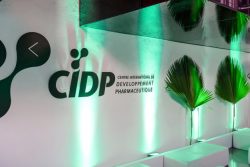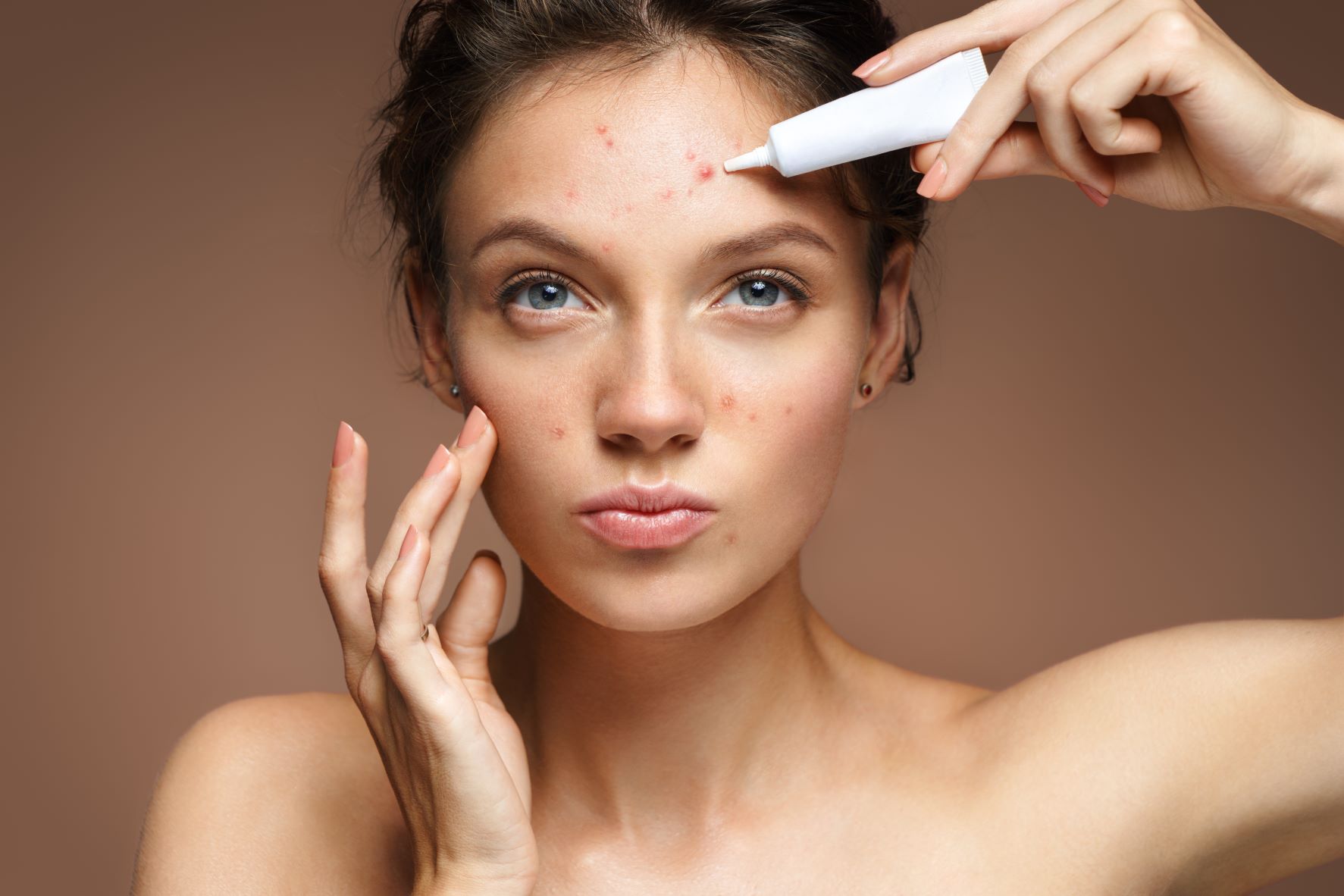
Established in 2004, CIDP (Centre International de Développement Pharmaceutique) is an international Contract Research Organisation (CRO) that carries out high R&D activities for pharmaceutical, medical device, nutraceutical and cosmetic industries.
Anti-acne
ANTI ACNE
CIDP specialises in the conduct of anti-acne studies on various skin panel (Indian, Asian, Caucasian, African). The tests are designed under dermatological control and the study design can be adapted over a period of 1-3 months depending on claim substantiation.

STUDY METHODOLOGY
- Acne Count (in vivo or from digital photographs) by Dermatologist using IGA, GEA scales
- Digital Photographic Techniques followed by Image Analysis for the measurement of different acne parameters (with VISIA-CR®, Photobecnch®, Colorface®)
- Clinical Scoring of acne severity and density according to pre-defined scales such as Acne Leeds Grading.
- Fringe Projection and 3D Photographic Technique to obtain 3D images of acne lesions followed by Image Analysis
- 2D Profilometry: Skin imprints on silicon followed by Imprint Analysis
- Skin Microbiome sampling: A microbial sampling can be done at the end of the study to study the skin microbial flora
ANTI SEBUM STUDIES
It is also possible to evaluate the anti-seborrheic efficacy of the products during the study by:
- Instrumental Technique:
– Sebutape (coupled with the QuantiSeb Software),
– Sebumeter® to measure the sebum secretion
– VisioScan® (Coupled with sebum sensitive foil)
- Digital Photographic Technique followed by Image Analysis
- Coupled with subjective evaluation by volunteers

ASTRINGENT EFFECT

The determination of Astringent effect of a product is also coupled in Anti-Acne study which aims at determining the property of the product in cleansing the skin and tightening the pores.
Evaluation of the Astringent Effect of your Products by:
- Digital Photographic Technique or High Resolution Dermoscopic Picture followed by Image Analysis
- Fringe Projection and 3D Photographic Technique to obtain 3D images followed by Image Analysis
- Dermatological Evaluation according to Photographic scales